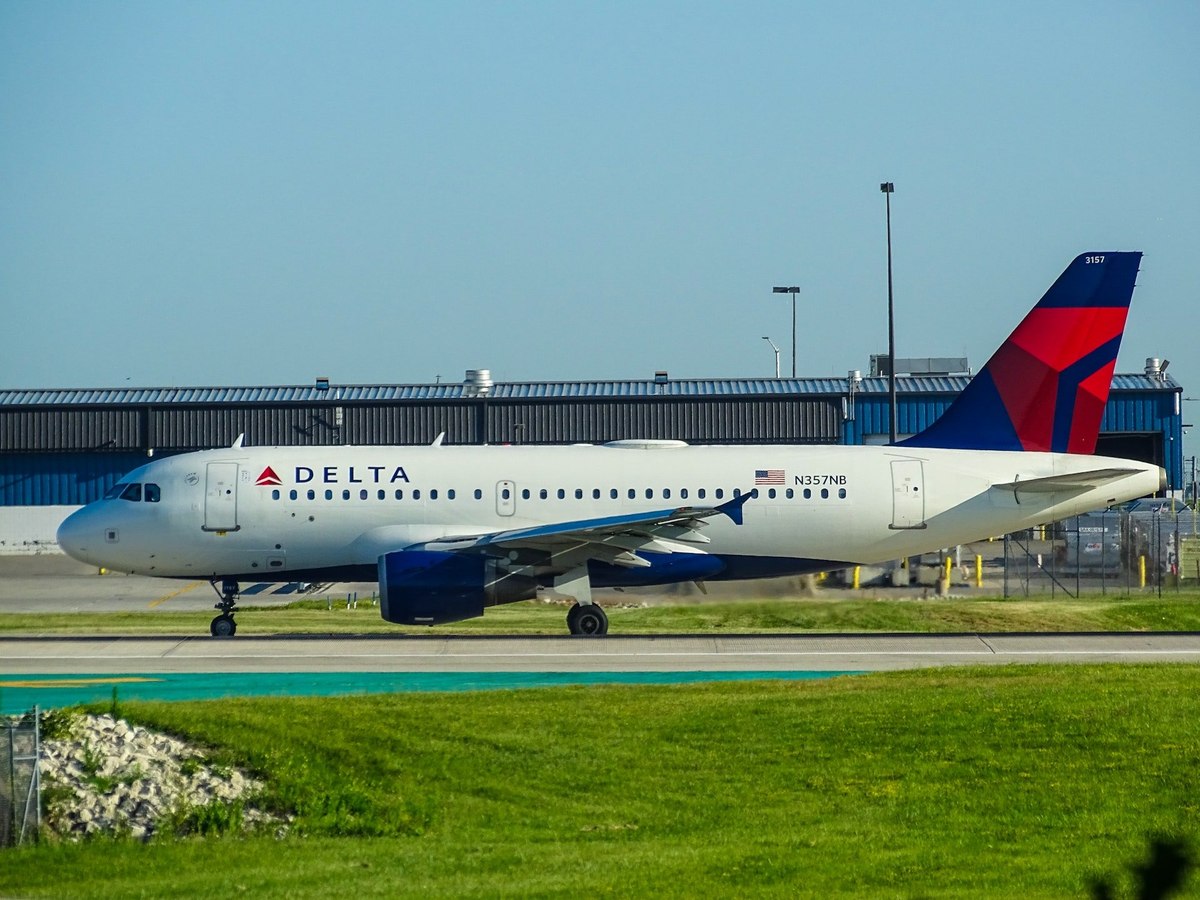
The dos and don'ts of airplane etiquette: The behaviours Britons find unacceptable
Flying can be a stressful and uncomfortable experience when dealing with co-passengers' behaviours. A recent YouGov Surveys: Serviced poll - conducted across 18 international markets – explores which of these behaviours passengers find most irksome.
Data from the study reveals that drunkenness is the least acceptable aeroplane behaviour amongst consumers globally. More than half say that it’s completely unacceptable (55%) and a further fifth describe it as somewhat unacceptable (20%); and more than four in five Britons agree (85%).
While personal grooming in public – such as combing your hair or clipping your nails - is found unacceptable by almost three-quarters of Britons (70%), less than a third feel the same way about public displays of affection (29%). In fact, survey data shows that PDA is one of the most tolerated types of behaviour, especially across European and North American markets.
The proportion of respondents who find loud and noisy children above the age of four unacceptable (60%) is more than twice the proportion of those who think the same about crying babies (25%). But it’s another type of noise that’s troublesome for most air travellers in Great Britain. Almost eight in ten (78%) are annoyed by passengers who don’t use headphones while watching or listening to media. Nearly one in ten (9%), however, are tolerant of such behaviour.
However, Britons are not as bothered as their global counterparts when it comes to passengers removing their footwear (48%) and being forced into small talk by chatty co-passengers (33%).
Looking at the data by gender reveals some more interesting nuances.
While more than four out of five female consumers in the UK say that they find personal grooming in the public (73%) unacceptable, this proportion falls significantly when it comes to men (66%). A similar situation prevails in the case of passengers fully reclining their seats (female, 63%; male, 55%).
An almost equal proportion of male and female respondents are not okay with loud and noisy children above the age of four (61% and 59% respectively) and forced small talk (34% and 32% respectively).
Crying babies is the only airplane behaviour that male respondents (28%) find more objectionable than their female counterparts (22%).
Taking a further look at the data by age reveals that most Britons above the of 55 are generally more intolerant of all airplane behaviours compared to younger travellers.
While almost all respondents above the age of 55 find drunkenness unacceptable (95%), close to four-fifths feel the same way about passengers not using headphones (79%) and loud and noisy children above the age of four (74%).
Britons across all age groups are almost equally likely to object to personal grooming in public (18-24-year-olds, 68%; 25-34-year-olds, 69%; 35-44-year-olds, 70%; 45-54-year-olds, 67%, 55+ year-olds, 71%).
Interestingly, Britons aged 18-24 and 55+ are more unaccepting of crying babies (34% and 31% respectively) and PDA (31% and 33% respectively) than any other age group.
While most Britons across most age groups are okay with forced small talk, two in five respondents aged 55 and above (40%) disagree.
As air travel continues to pick up pace once again, it may be important for both passengers and airlines to consider these behaviours and work towards creating a positive and comfortable environment for everyone on board.
Explore our living data – for free
Discover more travel and tourism content here
Want to run your own research? Run a survey now
Make smarter business decisions with better intelligence. Understand exactly what your audience is thinking by leveraging our panel of 20 million+ members. Speak with us today.
Methodology: YouGov Surveys: Serviced provide quick survey results from nationally representative or targeted audiences in multiple markets. The data is based on surveys of adults aged 18+ years in 18 markets with sample sizes varying between 512 and 2,034 for each market. All surveys were conducted online in February 2023. Data from each market uses a nationally representative sample apart from Mexico and India, which use urban representative samples, and Indonesia and Hong Kong, which use online representative samples. Learn more about YouGov Surveys: Serviced.